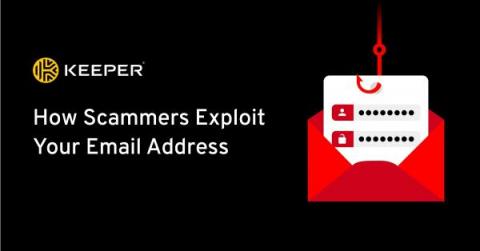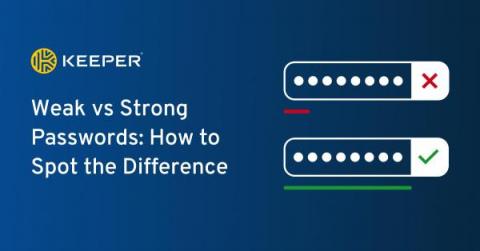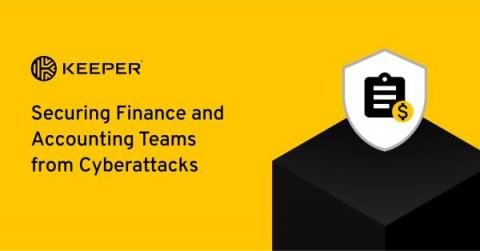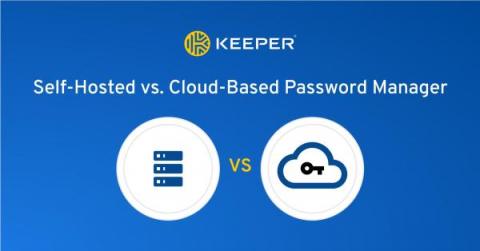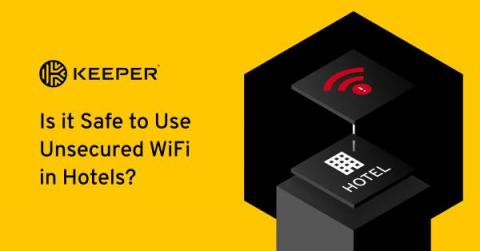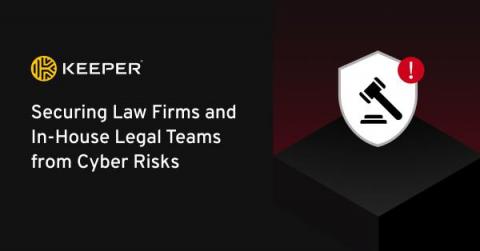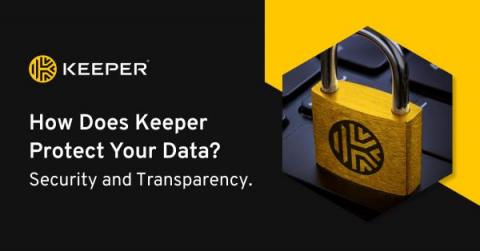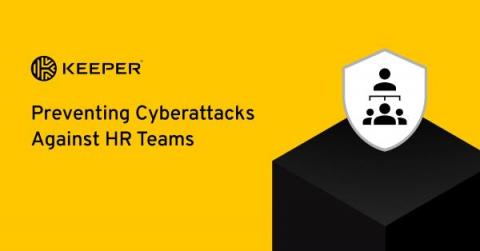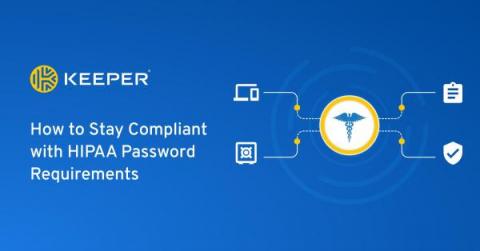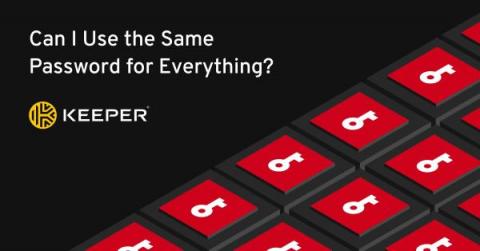How Scammers Exploit Your Email Address
A strong password is necessary to protect yourself from cybercriminals gaining access to your online accounts. But what happens if an unauthorized user manages to access your email address? Keep reading to learn more about some of the top scenarios that may take place if a cyberattacker ever gets a hold of your email address.


